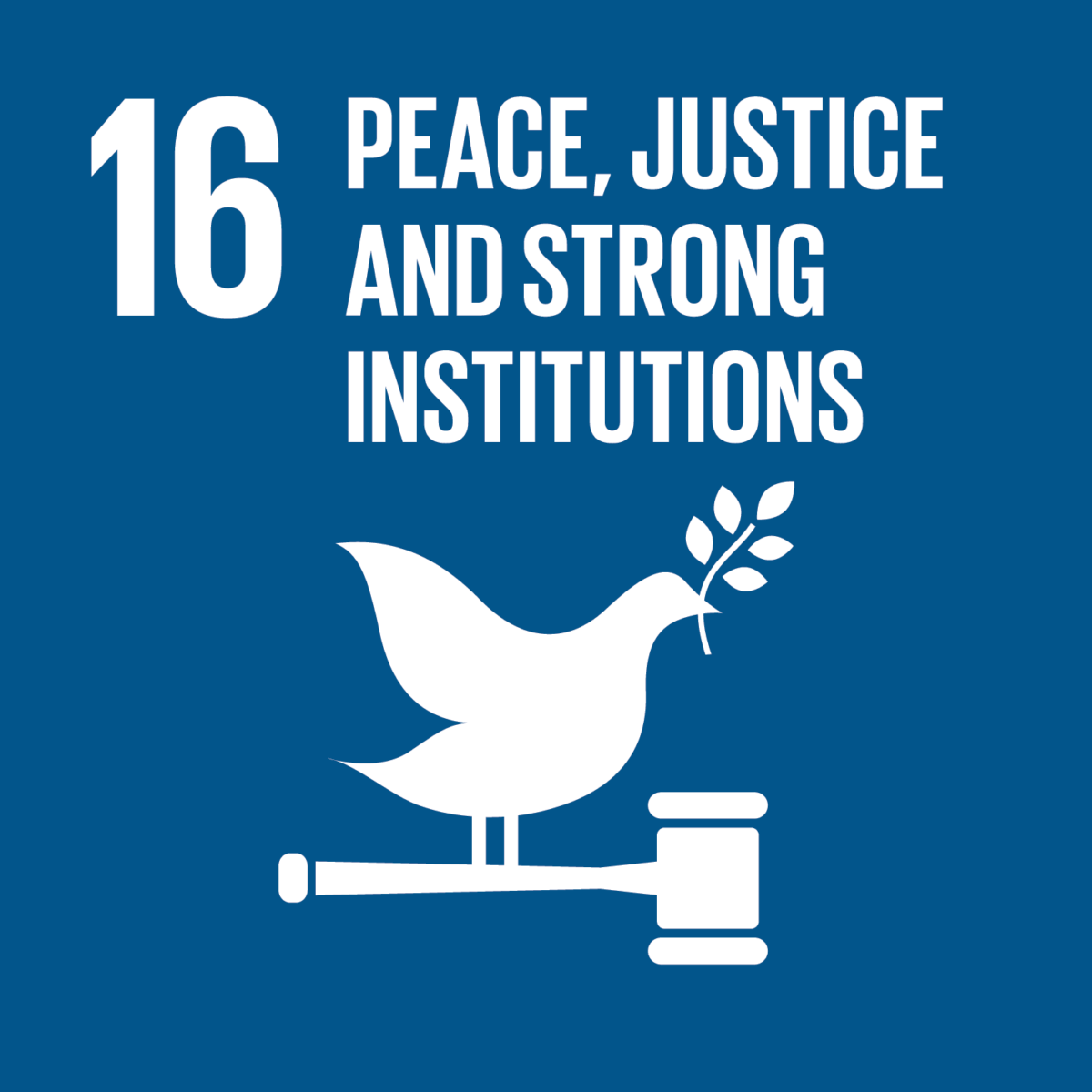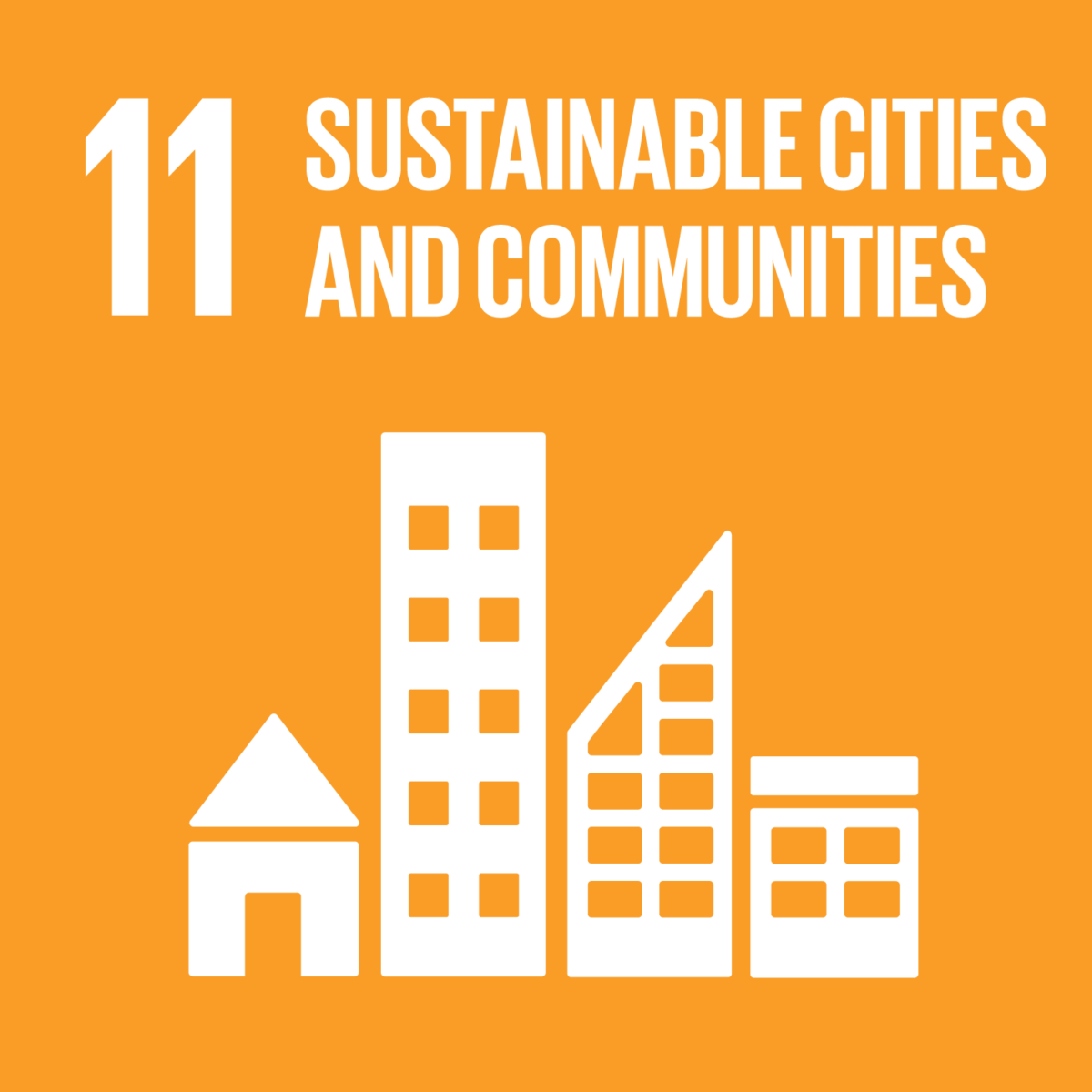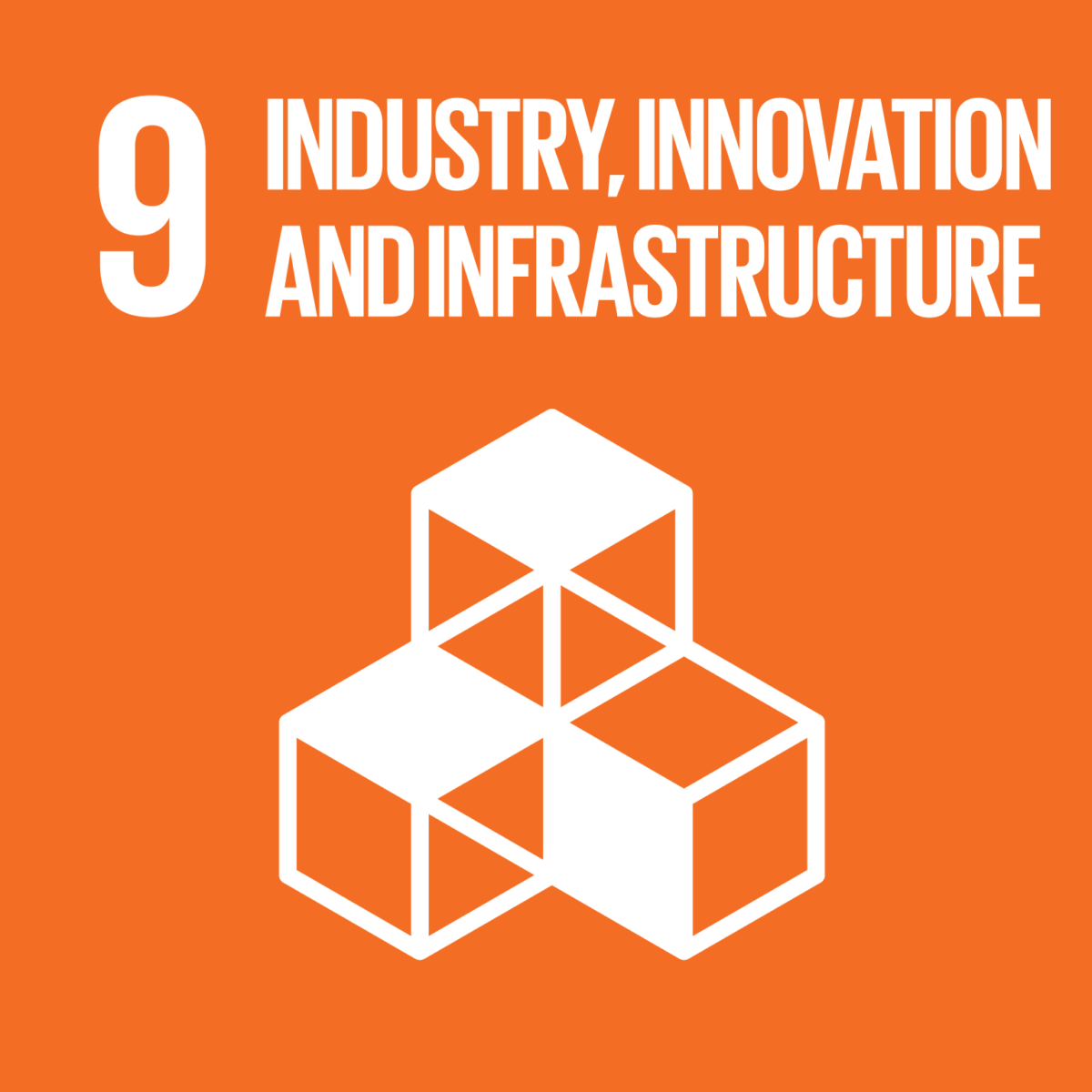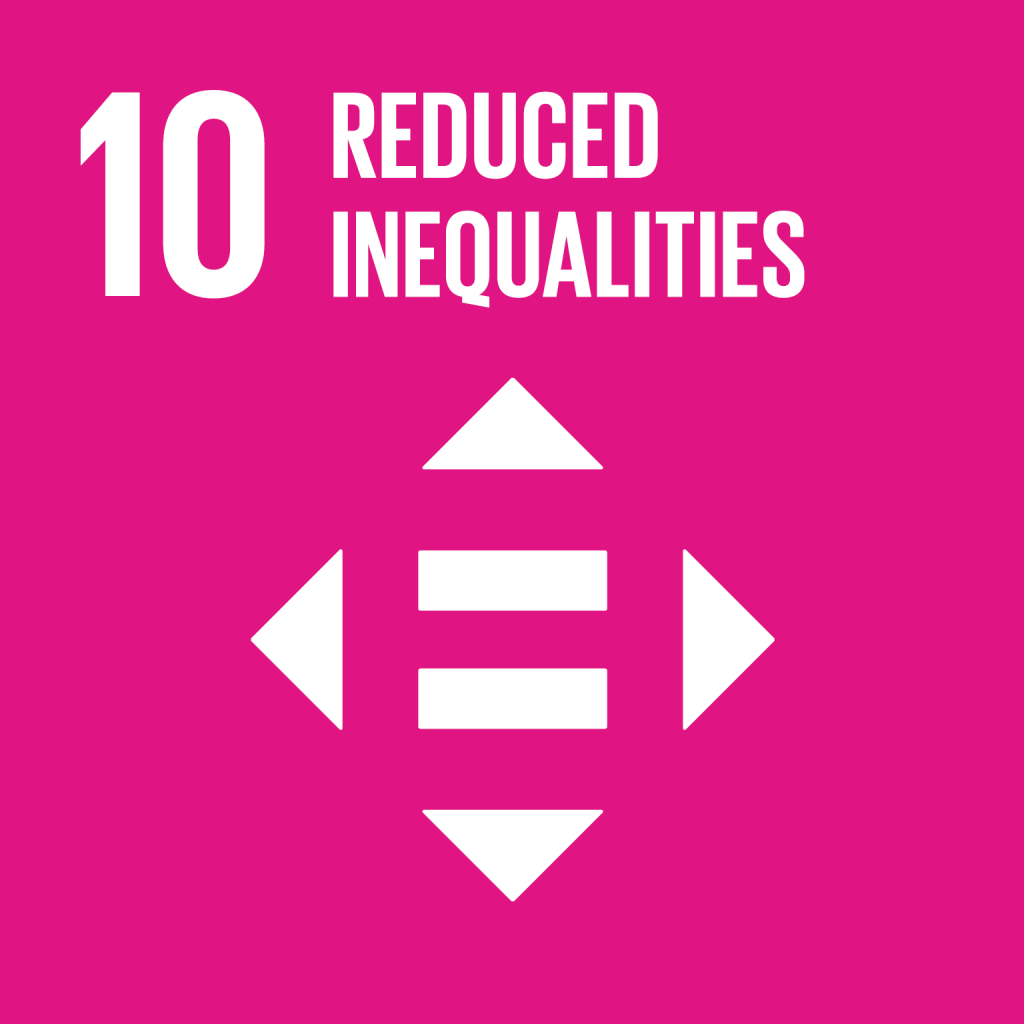Problem Statement
Despite increasing investments in public infrastructure, Bogotá continues to face critical barriers in public finance transparency. Fragmented reporting systems, limited civic oversight, and opaque budgeting practices have eroded public trust. Procurement records are hard to access, payment trails are incomplete, and execution updates often come too late for accountability. Marginalized communities are especially left out, unable to track how or whether funds intended for them are spent. In short, the citizens of Bogotá know money is spent but not how, where, or why.

Our solution addresses four tightly linked challenges:
- Budget opacity – citizens and even officials struggle to trace disbursements.
- Weak audit trails – few tools verify whether funds reach intended projects.
- Lack of public participation – communities are left out of financial oversight.
- Systemic mistrust – years of unaccounted funds and reactive oversight have bred cynicism.
Value Proposition
We offer a privacy-preserving, blockchain-powered platform that turns Bogotá’s public project finances into clear, interactive stories anyone can follow. By combining the structural clarity of the COST framework with the immutability and trust guarantees of the Partisia Blockchain, we allow public officials, journalists, and citizens to track project budgets, contracts, and transactions from planning to payout.
The Solution
A citywide transparency ledger where each public project is registered as a blockchain entry under the COST format, detailing its budget, disbursements, contracts, and execution. Citizens interact through a simple, chat-style interface that answers questions like “How much was paid for the Kennedy bridge reconstruction?” or “What contractors received over 100 million COP this month?”
Vision
To make Bogotá the most fiscally transparent city in Latin America, where every public project is visible, every peso traceable, and every citizen empowered to ask and receive clear answers. Through digital trust, we aim to build civic trust.
Business Model
A civic-tech coalition model enables scale and integrity:
- The city government integrates the system into its budgeting and planning tools
- Local developers and NGOs contribute open-source modules and smart contracts
- Journalists and civic watchdogs use the platform to monitor public funds
- Citizens engage through a chat-based interface and mobile alerts
Target Group
- Bogotá’s municipal transparency teams and finance departments
- Local journalists, civic tech groups, and anti-corruption watchdogs
- Ordinary citizens—especially youth, activists, and community leaders
Technology Architecture
In brief:
- Partisia Smart Contracts → Immutable COST-based Project Records
- MPC-enhanced Privacy Layer → Audit trails without exposing sensitive IDs
- Local Node → Real-time Blockchain Query + Explorer Interface
- Chat-based Frontend → Citizen Questions, Project Snapshots
In depth:
Project Ledger Contract: A master contract on Partisia Blockchain stores every registered public project with fields from the COST standard: planning, procurement, contract, execution, and completion. Each field is independently verifiable.
Immutable Transactions: Disbursements and payments are stored as individual records – timestamped, tagged, and referenceable. Each record is immutable once created.
Privacy-Preserving Computation (MPC): Sensitive data (e.g. contractor identifiers, internal cost breakdowns) is computed privately but verifiably. Summaries and proofs are made public.
Chat UI + Search: A web interface lets users ask: “Which projects spent over COP 500 million in April?” or “Show me delays in education infrastructure.” The interface translates this into a blockchain query and renders a conversational summary.
Smart Alerts + Public Logs: Whenever a new transaction is posted or a milestone missed, subscribed users and local journalists receive alerts. Logs are browsable by neighborhood, agency, and phase.
Training & Open Data: The platform includes open-data APIs, documentation, and workshops for civil society. High school and university programs teach students how to track public finances.
Prototype (In progress: smart contract scaffold, Bogotá pilot data set, conversational frontend prototype)
Roadmap
- H2 2025: Launch pilot with 1 public infrastructure projects
- H1 2026: Full COST schema integration, MPC module live
- H2 2026: Open-source release and city-wide onboarding
SDG Alignment




SDG 16 – Peace, Justice and Strong Institutions: Transparent institutions and reduced corruption
SDG 11 – Sustainable Cities: Civic participation and smart urban governance
SDG 9 – Innovation and Infrastructure: Digital tools for resilient city infrastructure
SDG 10 – Reduced Inequalities: Civic access to financial power structures
Why This Model Works
- Immutable by Design: No retroactive edits, no hidden histories.
- Privacy-Smart: Accountability without compromising contractor or vendor confidentiality.
- Citizen-First: Interface meets people where they are – simple, searchable, and explainable.
- Open Ecosystem: Designed for forkability, civic extensions, and developer community input.
- Built on Trust: Verified by math (Partisia), understood by all (frontend).
Cost Efficiency (In progress: estimate of hosting local Partisia nodes, MPC off-chain costs, and dev team requirements)
By THUY NGUYEN

